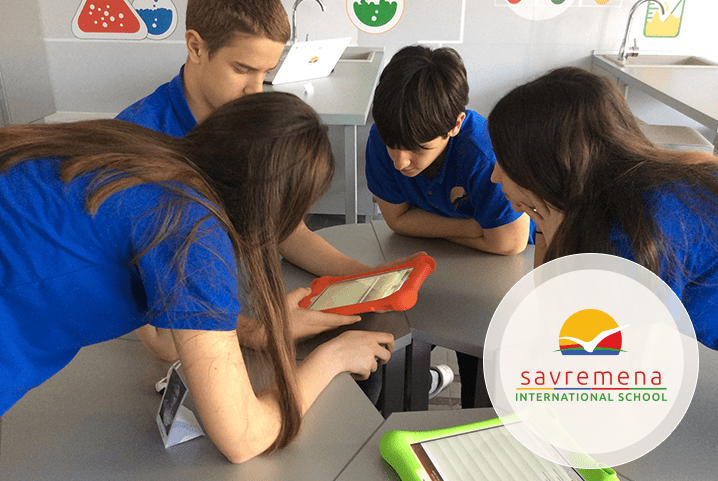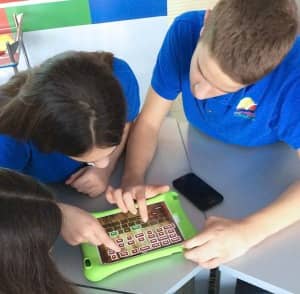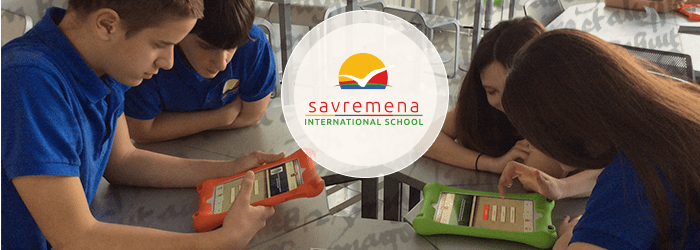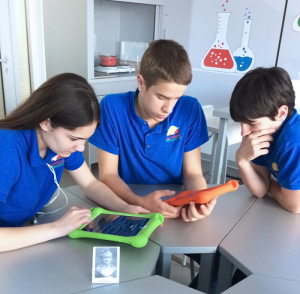
At a time when English, German and French are taught as compulsory subjects, it is rare to find a student who enjoys studying Latin.
Aiming to prove that Latin is neither a dead language nor a boring one, as it is often described by teenagers, Savremena’s students organised a truly modern Latin competition on Monday the 28th of March at our school.
Emperors go head to head
At the beginning of the competition, students were divided into four teams, which were symbolically named after four famous Roman emperors: Caesar, Nero, Caligula and Claudius. Teachers helped and supported the students in the competition as they acted as team leaders.
The modern Latin competition evaluated a number of skills including grammar, vocabulary as well as cultural knowledge about one of the largest empires to have ever existed in which Latin just so happened to be the native and dominant tongue. By answering questions in different areas, students were able to express their knowledge in an interdisciplinary manner, covering not only Latin, but also history, art and other sciences.
Modern technologies in interdisciplinary teaching
 The competition spurred our students to explore ancient Roman civilisations and demonstrated their insight with the help of iPads, Intelligent Whiteboards, Chromebooks and mobile phones which they then evaluated through the Kahoot interactive software.
The competition spurred our students to explore ancient Roman civilisations and demonstrated their insight with the help of iPads, Intelligent Whiteboards, Chromebooks and mobile phones which they then evaluated through the Kahoot interactive software.
By using History of Rome, Smart vocabulary, Speed Latin, Wrong number, as well as Mythology, all of which are applications in English, students learned about Roman mythology, focusing especially on the legend of Pandora’s box and of the two demigods that founded the ancient city.
By connecting three different languages - Latin, Serbian and English, we were able to show that Latin is far beyond the dead language it is often perceived to be and can hold its own, so to speak, with the dominant tongues of our modern times, especially English.
Citius, altius, fortius
The interdisciplinary class during which Latin, English, history and art merged together, erasing the borders that separate them made for a truly interesting learning experience whereby our students were able to piece the puzzle together and understand the Roman Empire from different angles.
Given that active participation and engaging activities guarantee efficient learning, we strive to make our lessons as creative as possible which is why our students are always happy to participate in the fun learning events that we host, the most recent of which was of course the TRULY MODERN LATIN COMPETITION!
More photos from latin competition are in the gallery.



















